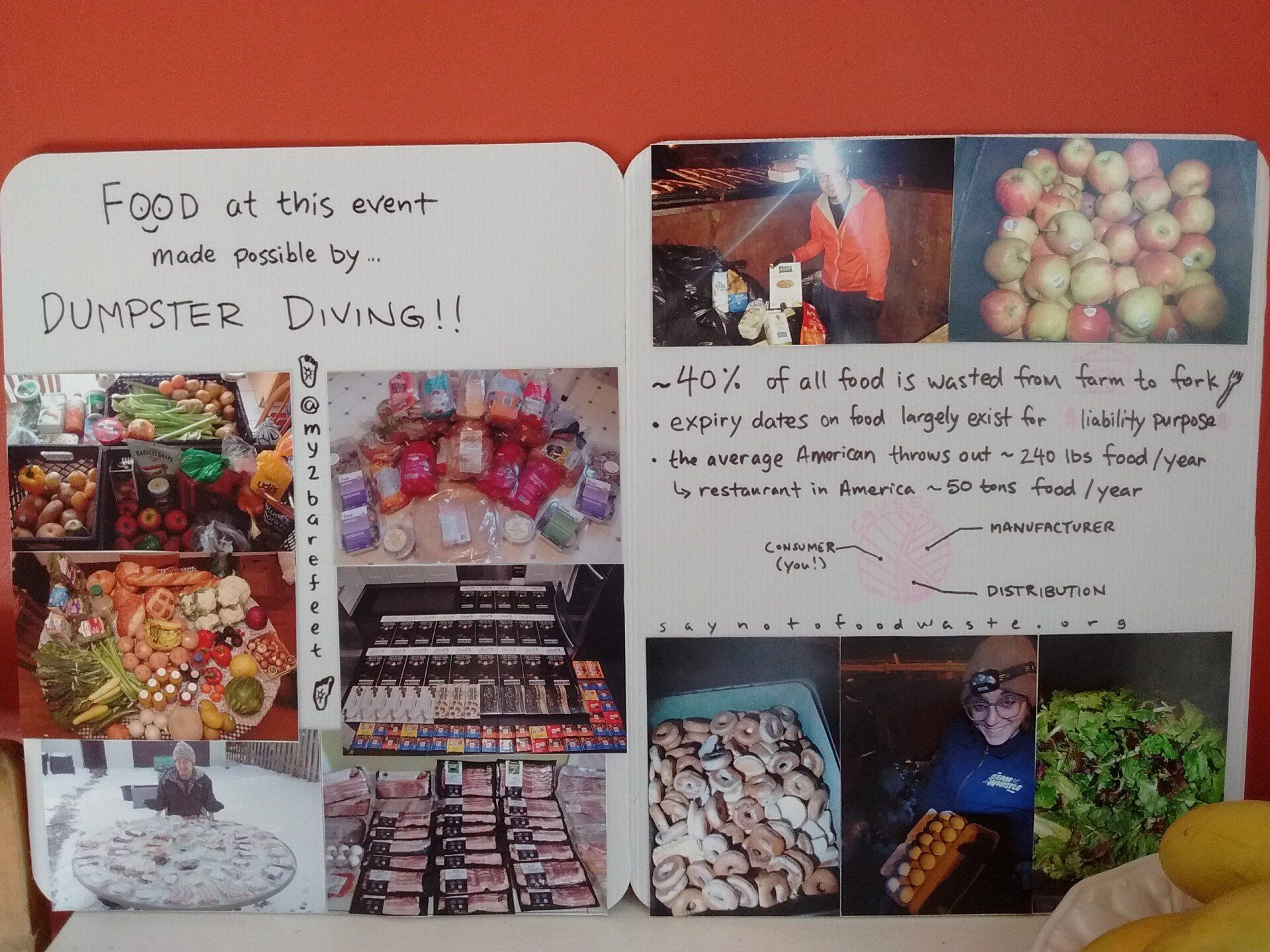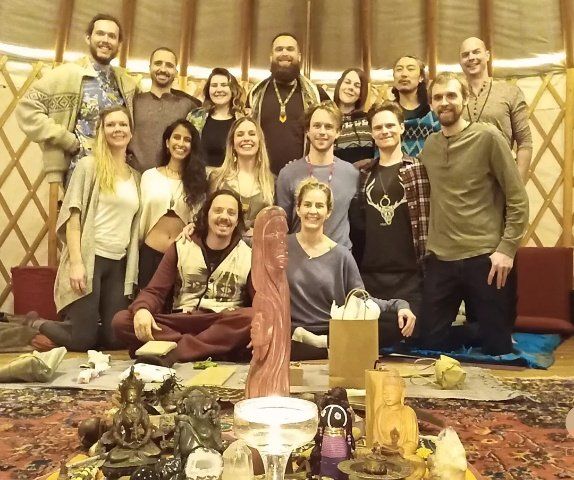Food Waste Fight! Profits Over People
Food waste is a result of an economic system that values profit above all else
The Economics of Food
Allow me to put you in the shoes of manager of a large grocery store. You earned this role by demonstrating an enthusiasm for profit in alignment with the capitalist system. You implement a just-in-time economic model to ensure shelves are always fully stocked and customers always find what they need, otherwise they will bring their money elsewhere. Your store is able to sell high volumes at breakneck efficiency.
However, there are many unpredictable aspects of running the business that result in an excess of products with nowhere to go because the shelves are fully stocked and there's no room in the back. You feel bad for throwing out the food, however, to do anything else with it, such as donate it, would require extra time and effort to pay staff and that would reduce profit. And there are no financial penalties for simply throwing the food in the garbage. In the name of profit you decide to throw the food out. If not you would also risk the wrath of your shareholders.
Since there is no financial penalty against disposing food, it simply becomes a matter of out of sight out of mind. Your staff don't feel good doing it but you also forbid them to take it home because then their families would shop less at your store, thereby reducing profits.
If a financial penalty existed it may incentivize you to try donating the food. But donating food requires staff hours, administration, moving and transportation, and building a relationship with a non-profit. In the end it may still be cheaper for you to dispose of the food and "eat" the disposal fees. As for there not being any financial penalties or regulations for diverting food waste, it can only assume that your corporate head office, hand-in-hand with the industry's lobbying power, has successfully discouraged governments from taking a look at the issue.
In order for you as a manager to do your job you have to conform to the capitalist value system of profits and numbers. You are forced into denial, suppressing your human values and morals, oppressing your staff so that they also conform.
They are purely an economic construction, almost meaningless from an edibility perspective. Expiry dates allow products to fly off the shelves faster and keeps demand for new products artificially high. In other words, expiry dates keep the industrial machine churning, keeps consumers consuming, keeps producers producing, thereby maximizing profit. Convincing consumers that expiry dates are real forces them to throw things out and buy them again sooner.
How do I know this? In the four years I've been dumpster diving regularly I have never gotten sick. I have eaten all sorts of things most people would question, such as yogourt, up to several months past expiry dates. I've even frozen them for indefinite periods. I've eaten all kinds of meat, including chicken and fish, past its expiry date without issue.
I've learned to trust my senses. My eyes, nose and tongue have more intuition than the expiry date. Occasionally I do find stale milk and mouldy produce but these are actually the exception, the vast majority of my finds are pristine! They're thrown out simply due to lack of in-store shelf space, imperfections such as scratches, or they've only barely crossed the threshold from perfection, deeming them unsellable.
While most food is thrown out because it's past its expiry date, sometimes it's seasonal overstock or outlying events. For example, during the month of January I found 100 Christmas themed Lindt chocolate bars and 20 packages loaded with candy canes. Another time I got wind that a store ran out of electricity for just 6 hours. They cordoned off their entire freezer section and, over the coming days, emptied it into their dumpster!
Sometimes businesses sabotage their waste to discourage dumpster divers! I've heard stories of businesses, mostly overseas in Europe, dumping bleach on their produce so that anyone eating it will get sick. Thankfully I've not seen that here. In my own experience I've seen food packages get slashed open so the contents spill out. I've even seen non-edibles such as canvases and cushions get slashed.
As you can see the global food waste issue is a systemic issue, whether you see it as linear from farm to fork, or hierarchically from governments and corporations down to store level. It is an issue greater than the food system alone. It is encompassed by the capitalist paradigm that allows unfettered degradation and abuse of our environmental and social networks that sustain us, by valuing profit above all other human values.
The best way to fight back is to reduce your dependence on this system. This is extremely difficult since it is basically the only system and we are so utterly dependent on it - enslaved by it. Vote with your dollars - shop as local as you can instead of at corporate chains.
Start dumpster diving! All it takes is a headlamp and a curious attitude! Engage with your local grocery store managers, appeal to their human side. I know people who have done this and have successfully entered agreements for them to start donating food.
Finally, grow your own food! There has been a resurgence in organic farming in response to all the global turmoil that puts our food security at risk when we rely on such a large but fragile system.
These little steps will snowball to those around you, and that snowball will merge with other snowballs eventually forming an avalanche of change. It all starts with you - if I can do it you can do it too! In the next blog I will give you practical tips to start dumpster diving!



















